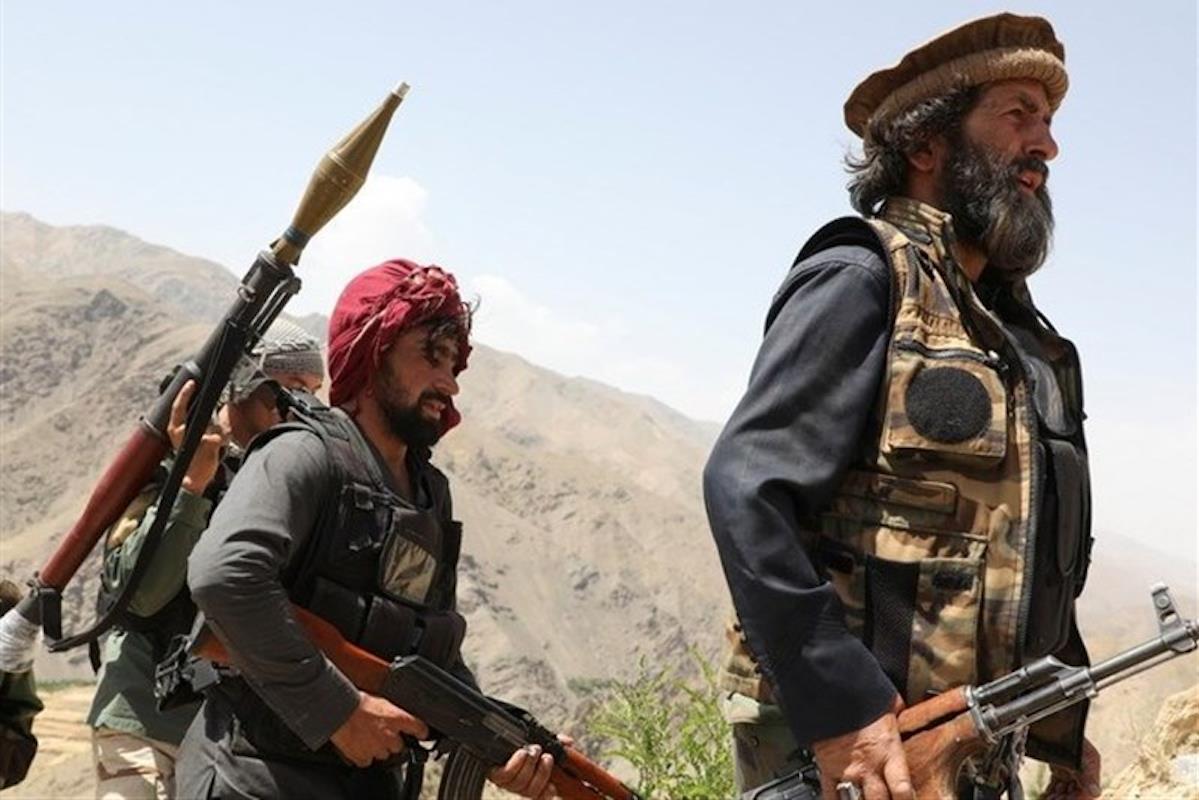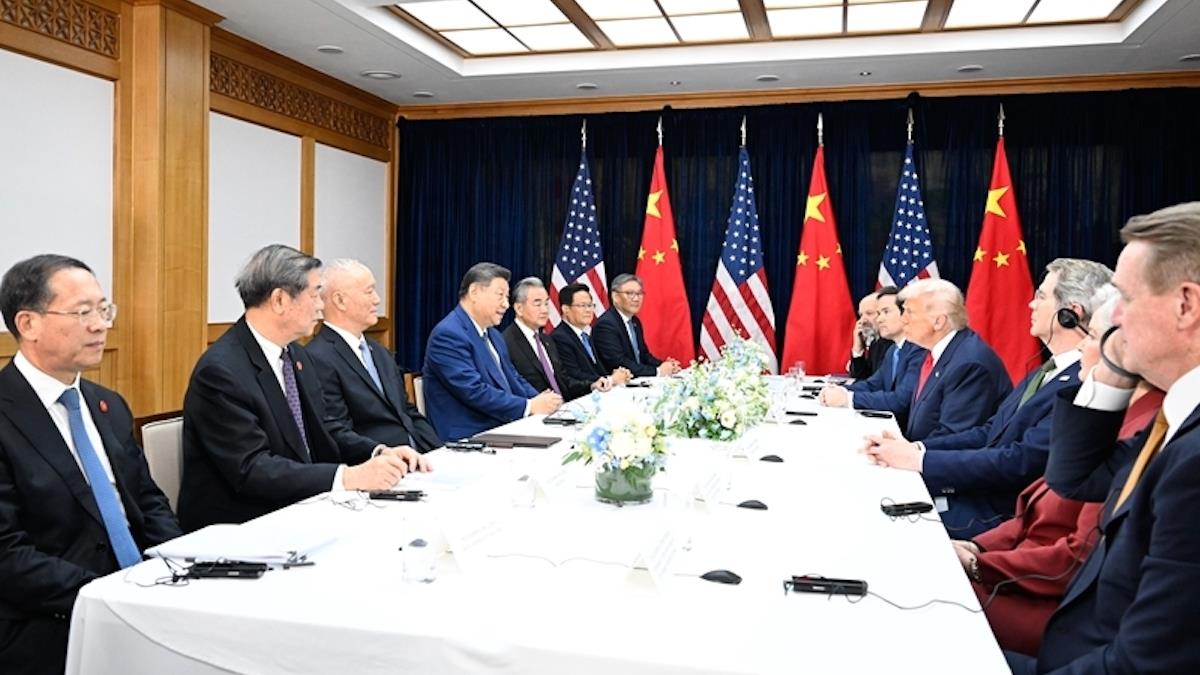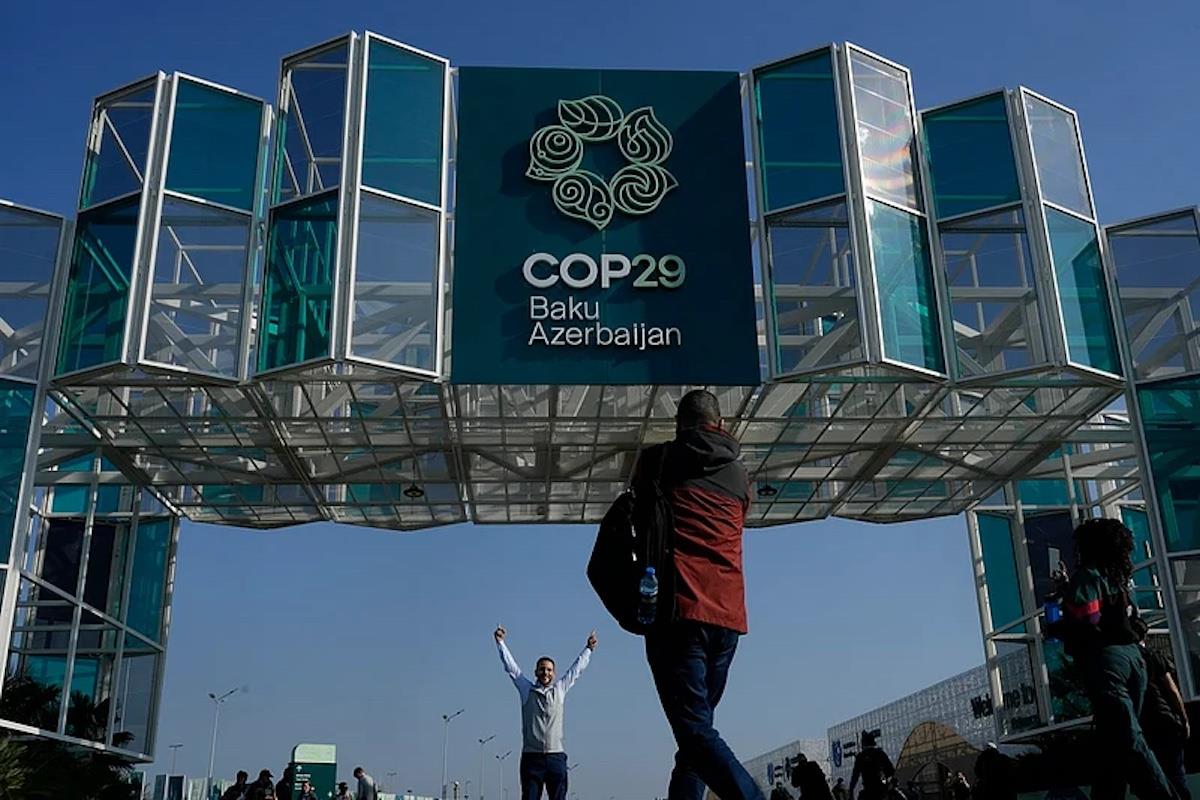
Much Ado About Nothing: COP Needs A Rapid And Radical Rethink
Economist Jayati Ghosh, a frequent UN advisor and development economist at the University of Massachusetts Amherst, summed up this growing frustration. Speaking on CBC's As It Happens last year, she remarked that“these COPs have become meaningless rituals which don't actually deliver anything. The problems are too urgent and intense for us to keep doing these big summits that don't deliver.”
Ghosh, alongside several other prominent economists and former world leaders, signed an open letter calling on the UN to overhaul the annual event completely. Their criticism rings truer with every passing year.
Despite grand declarations and glossy communiques, COP conferences often feel like a multi-million-dollar circus, where private jets line up, fossil fuel lobbyists crowd the halls and world leaders make speeches that sound more like self-congratulations than commitments. Meanwhile, the gap between talk and tangible action only widens.
Unmet promisesThe record speaks for itself. Since the 1990s, COPs have promised transformative change but delivered mostly delays and diluted deals.
Latest stories
Taliban's backing of militants threatens its own survival

Chinese pundits claim victory after Trump's trade concessions

US supersonic low altitude missile (SLAM) and Russian Burevestnik
The much-publicized US$100 billion annual climate finance pledge, made by wealthy nations in 2009, remains unmet. The Loss and Damage Fund, meant to support vulnerable nations suffering climate disasters, has yet to see real consensus on who will pay and how much.
At COP29 in Baku, Azerbaijani President Ilham Aliyev opened the conference by calling his country's oil reserves a“gift from God,” a remark that underscored the contradictions at the heart of the process. How can a summit supposedly focused on phasing out fossil fuels be hosted by a petrostate proudly celebrating its oil wealth?
Now, under the Baku-to-Belem Roadmap, developed nations are expected to mobilize $300 billion a year for climate action, largely through private investors, multilateral development banks (MDBs) and emerging economies.
On paper, it sounds ambitious. In reality, it shifts responsibility from governments to markets and adds to the debt burden of developing countries already struggling with fiscal crises. The world does not lack capital; it lacks political will and fairness.
Despite these flaws, scrapping COP entirely would be short-sighted. The process has, at times, delivered real progress, from the Kyoto Protocol (1997) and Paris Agreement (2015) to the Green Climate Fund (2010) and the Talanoa Dialogue (2017) that elevated indigenous and gender voices. These milestones show that multilateral climate diplomacy can work, just not in its current form.
The problem lies in the format and purpose of the event itself. Each COP has ballooned into a sprawling trade fair of ideas and interests, with tens of thousands of participants and flashy pavilions designed for photo opportunities. Instead of functioning as a forum for urgent, accountable action, it has become a vanity fair for climate virtue signaling.
New model neededIf the world is serious about tackling the climate crisis, it is time to rethink COP from the ground up. First, smaller, more frequent summits should replace annual mega-events. These meetings could focus on measurable, short-term goals,“what we will do next year,” not“by 2070.” As Ghosh argues,“We need smaller events focused on clear promises that will be met.”
Second, the Global South must form a strong, united bloc. Instead of waiting for donor commitments that never materialize, developing nations should hold parallel summits, acting as a pressure group to negotiate collectively and continuously with the developed world. Climate justice demands that those least responsible for the crisis have the loudest voice in shaping solutions.
Third, civil society must reclaim space. True climate progress has always come from activism, from youth movements, feminist networks, indigenous defenders and grassroots campaigns. These voices should not be relegated to side events; they should drive the agenda. A bottom-up approach, rooted in equity and accountability, is the only way forward.

Sign up for one of our free newsletters
-
The Daily Report
Start your day right with Asia Times' top stories
AT Weekly Report
A weekly roundup of Asia Times' most-read stories
As the world heads to COP30 in Belem, on the edge of the Amazon rainforest, symbolism will be strong, but so will skepticism. The Brazilian government touts this as“a COP in the Amazon, not a COP about the Amazon.”
Yet, deforestation and environmental damage continue, even as a new four-lane highway cuts through protected rainforest to serve the conference venue. The irony is impossible to miss.
If Belem is to be more than another talking shop, it must confront the hypocrisy at the heart of the global climate regime. It must prove that implementation, not performance, defines the next phase of global climate action.
The climate crisis is the defining challenge of our century, but the global response remains trapped in ritual and rhetoric. It is time to end the annual spectacle of hollow promises and replace it with sustained, inclusive and accountable engagement.
COP should no longer be a stage for speeches, but a platform for action – smaller, sharper, and centered on justice. Only then can it stop being, as Shakespeare might have put it,“much ado about nothing.”
Jawad Khalid is a climate finance specialist focused on green innovation and climate-smart investments based in Islamabad, Pakistan.
Sign up here to comment on Asia Times stories Or Sign in to an existing accounThank you for registering!
An account was already registered with this email. Please check your inbox for an authentication link.
-
Click to share on X (Opens in new window)
Click to share on LinkedIn (Opens in new window)
LinkedI
Click to share on Facebook (Opens in new window)
Faceboo
Click to share on WhatsApp (Opens in new window)
WhatsAp
Click to share on Reddit (Opens in new window)
Reddi
Click to email a link to a friend (Opens in new window)
Emai
Click to print (Opens in new window)
Prin

Legal Disclaimer:
MENAFN provides the
information “as is” without warranty of any kind. We do not accept
any responsibility or liability for the accuracy, content, images,
videos, licenses, completeness, legality, or reliability of the information
contained in this article. If you have any complaints or copyright
issues related to this article, kindly contact the provider above.
















Comments
No comment